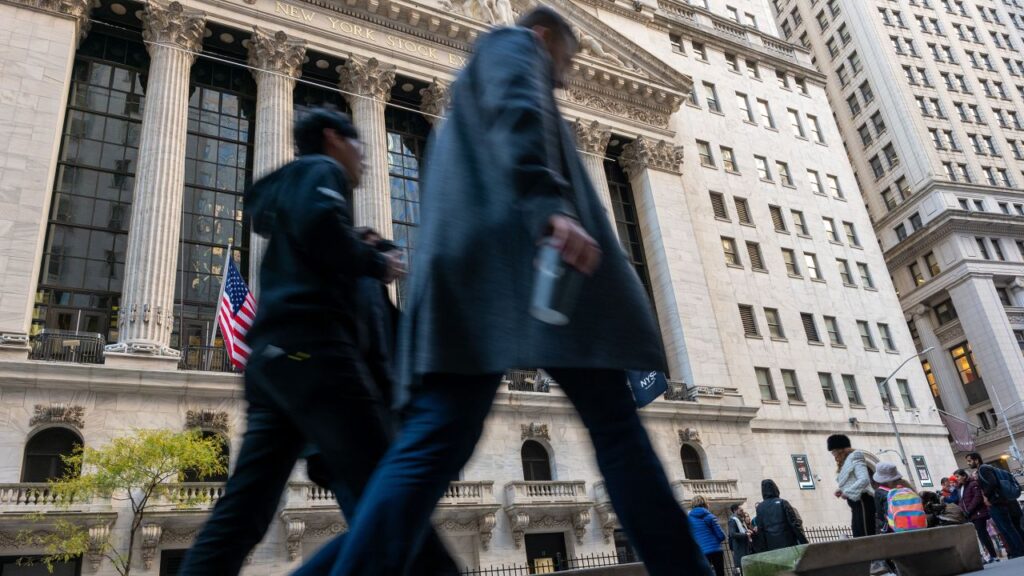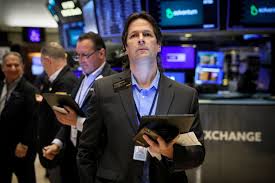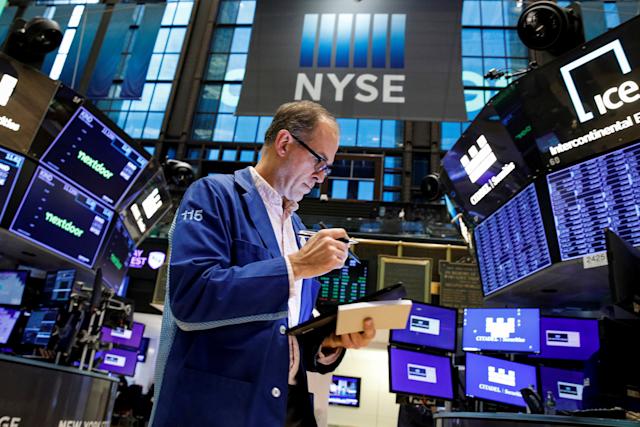The war in Ukraine has tended to increase uncertainty regarding inflation and growth prospects. When and with what consequences this war will end is pure speculation, but capital markets are expected to build a certain immunity to the headline risks in the coming weeks. The medium- to long-term consequences, on the other hand, could be significant. It is possible that we are at the beginning of a new bloc formation or a new Cold War. This would put a significant damper on globalisation and further fuel higher structural inflation.
All three main US stock indices rebounded firmly on Wednesday, with the Dow finishing the session 1.0% higher, the S&P 500 gaining 1.1%, and Nasdaq advancing 2%, as investors monitored the start of the US earnings season and shrugged off inflation numbers. Meantime, European stocks closed lower for a third straight session.
Summary
- Major bourses in Asia mostly rose on Thursday with the Nikkei climbing over 1.2%, led by transportation stocks. The Shanghai Composite and the Hang Seng gained, as policymakers flagged upcoming cuts to banks’ RRR to support the Chinese economy. Shares in South Korea were almost flat after the BoK raised its base rate to the highest since August 2019 to curb surging inflation, after New Zealand did the same this week.
- European shares are poised for gains similarly to their US counterparts ahead of major bank earnings results.
- Oil prices eased slightly on Thursday, consolidating sharp gains from the past two sessions, as traders weighed a larger-than-expected build in US oil stocks against tightening global supply.
- Producer prices in the US increased 1.4% month-over-month in March, the biggest increase since at least December 2009 above market forecasts of 1.1%.
- The annual inflation rate in the UK increased to 7% in March, the highest since March of 1992. Figures came above forecasts of 6.7%, with the largest upward pressure coming from motor fuels and petrol costs. The British government already announced a fuel duty reduction.
- Finland started a process to become a NATO member in response to the attack of Russia on Ukraine, while Swedish media reported its ruling party now plans to follow such a move. Russia’s invasion of Ukraine pushed a potential NATO entry to the top of the agenda in both nations, which have long shunned membership.
- The EU has warned member states that President Valdimir Putin’s demand that “unfriendly countries” effectively pay for Russian gas in rubles would violate existing sanctions the bloc imposed on Moscow.
- JPMorgan reported a 42% drop in quarterly profit on Wednesday as dealmaking slowed and the lender started building loan loss reserves in the face of decades-high inflation and the Ukraine crisis.
- Delta Air Lines reported a narrower-than-expected first-quarter loss and revenue that was well above forecasts, although load factor missed. The company said it has sold a record number of tickets in the past five weeks as customers set aside their concerns about inflation to splurge on air travel.





